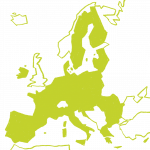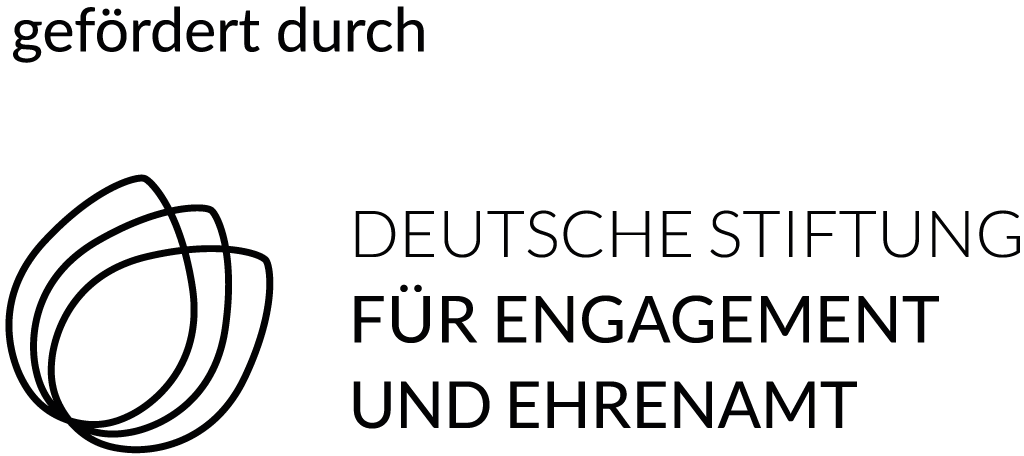We help you to find a German city that meets your needs and preferences
Re:Match is a small, needs-oriented relocation program which has piloted relocating protection seekers to German municipalities via a matching algorithm. On this page you can find out more about this program and how it works.

How it works (Pilot Project Implementation 2023):
Requirements
To participate you must fulfill all of the following requirements:
- you are fleeing from the Russian war of aggression in Ukraine
- you have a valid foreign passport or an ID Card (from the 2015 model)
- you are a Ukrainian national who had their residence in Ukraine before February 24, 2022 or a Ukrainian national’s family member
- you have not applied for or received a temporary residence permit in Germany yet
- you either already reside in Poland or are planning to flee from Ukraine
- you are willing to inform yourself about the project, participate in a digital Q&A session about it by Salam Lab and are seriously interested in moving to Germany
Ready for the next step?
If you are interested in being relocated by Re:Match, inform yourself about the process, step by step. Once you’ve done so, register for participation in one of the digital Q&A sessions in Ukrainian held by our project coordinator Tetiana from Salam Lab. During these Q&A sessions, Tetiana will answer any further questions you may have about the project. You can only register your contact information during these sessions if you do wish to take on the next steps.
Currently, we don’t have any new Q&A sessions planned.





 Upon arrival, the local authorities will provide guidance for registration and other paperwork for you to receive a temporary residence permit, financial support and so on. Now you can start to settle in your new city.
Upon arrival, the local authorities will provide guidance for registration and other paperwork for you to receive a temporary residence permit, financial support and so on. Now you can start to settle in your new city.

